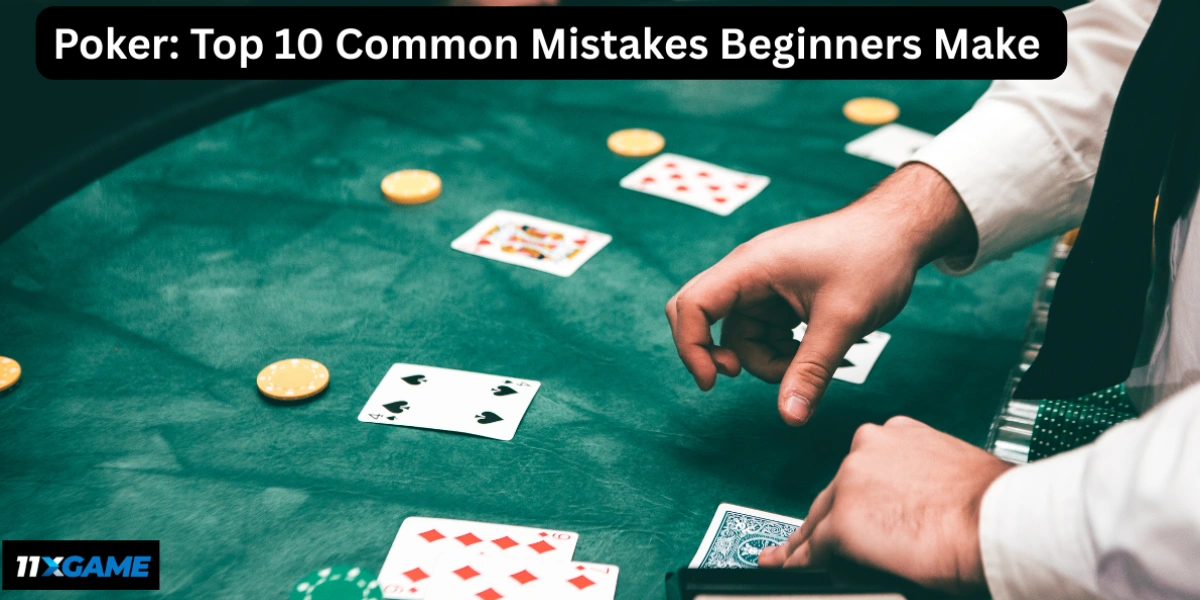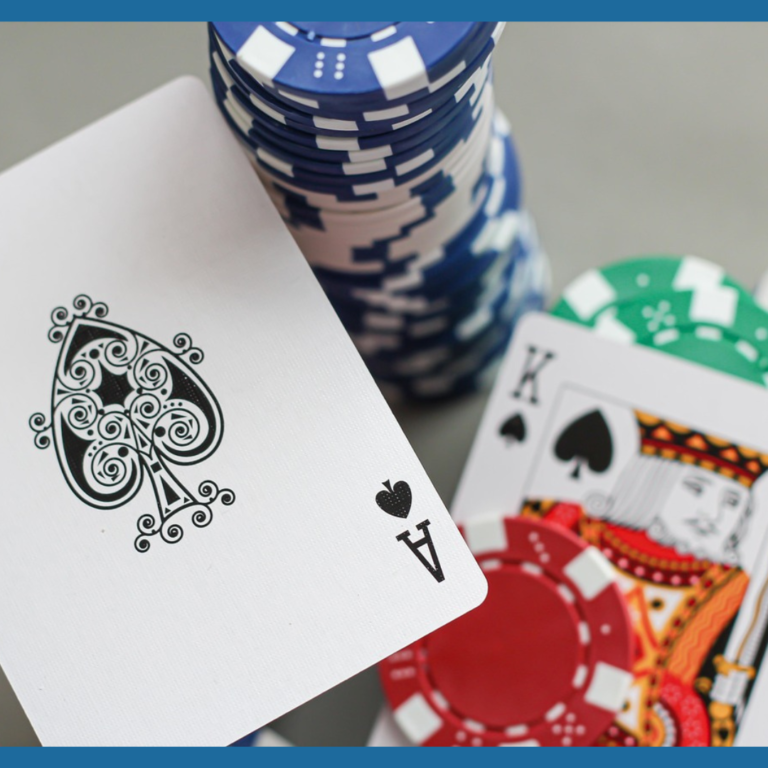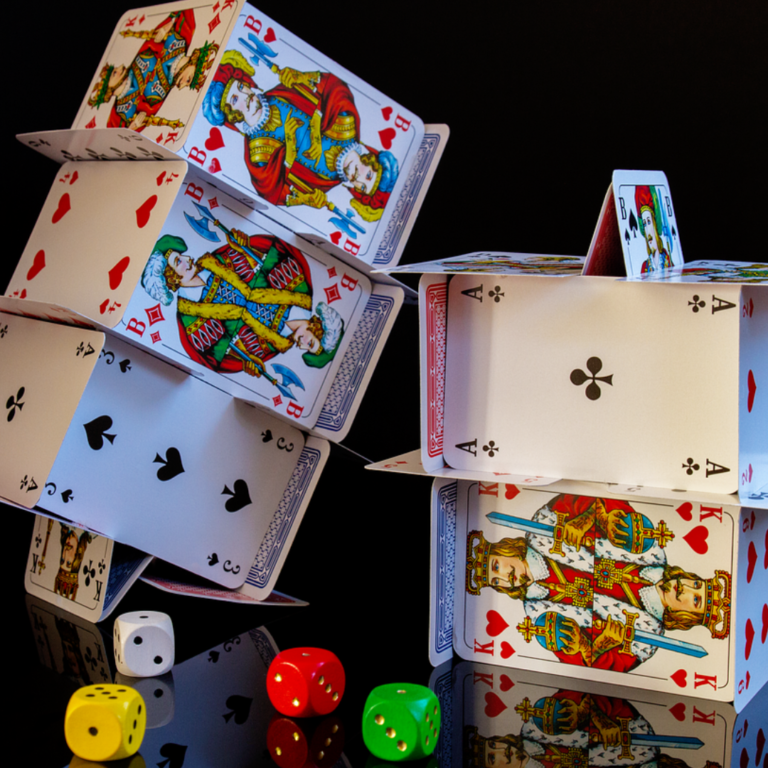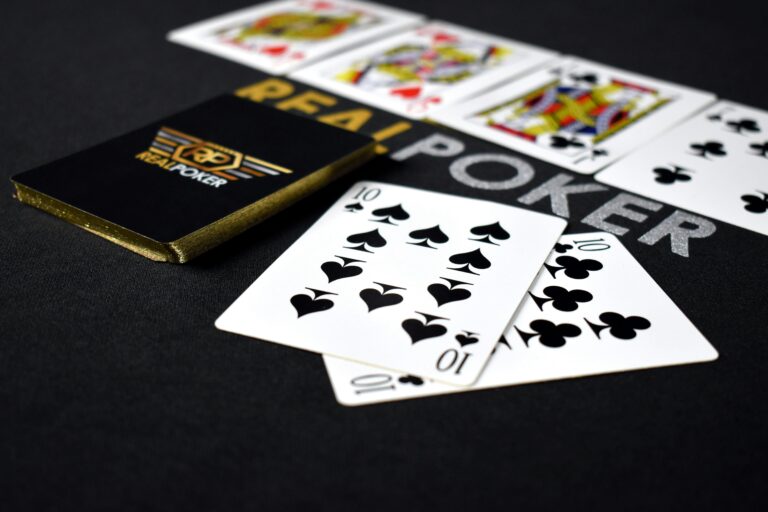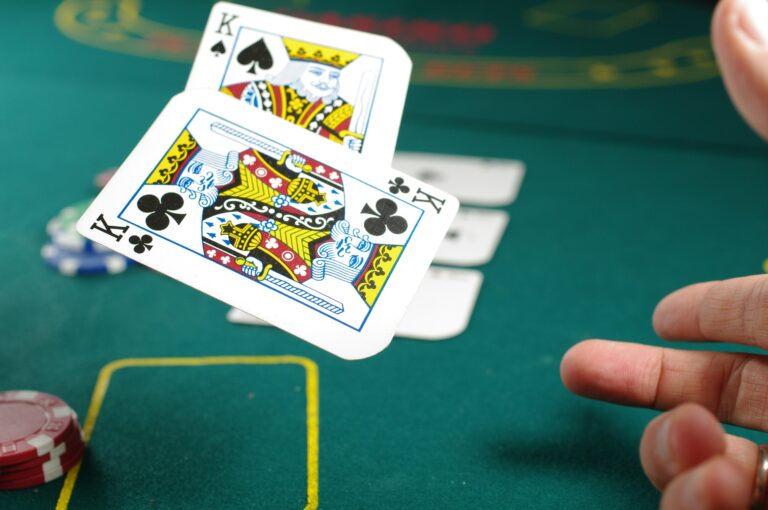Poker: Top 10 Common Mistakes Beginners Make and How to Avoid Them
Poker is one of the most exciting card games worldwide, blending skill, strategy, and psychology. But beginners often make mistakes that cost them money, confidence, and opportunities to improve. Avoiding these pitfalls early can save you from frustration and set you on the path to becoming a skilled player.
In this guide, we’ll cover the top 10 common mistakes beginners make in poker, explain why they happen, and give actionable tips on how to avoid them.
1. Playing Too Many Hands
Many beginners play too many hands, hoping for a lucky flop.
- Why it’s a mistake: Playing weak hands reduces your odds of winning and increases losses over time.
- How to avoid: Stick to premium hands early on — high pairs, strong suited connectors, and A-K type hands. Fold more than you play.
💡 Pro Tip: Track your hand participation. If you’re playing more than 30–35% of hands, tighten up your range.
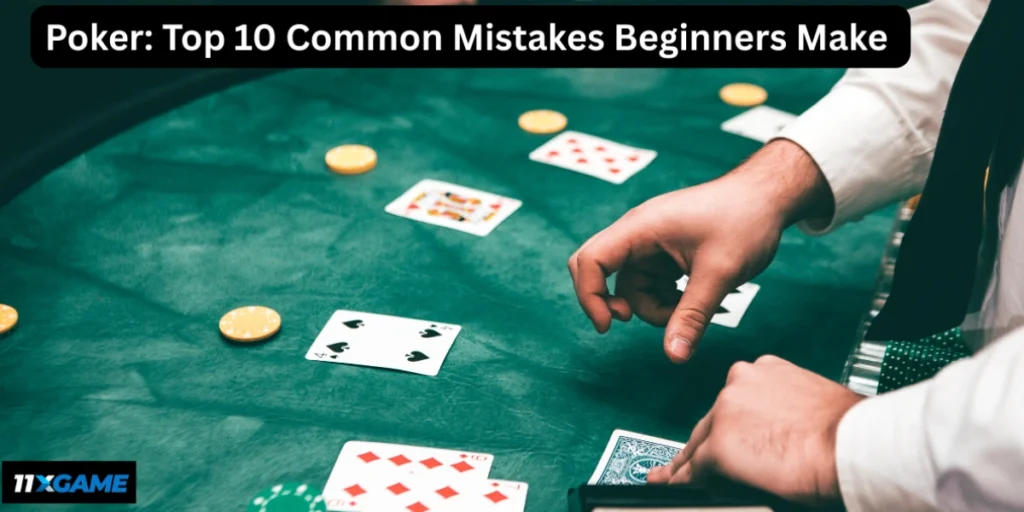
2. Ignoring Position
Position matters in poker more than most beginners realize.
- Why it’s a mistake: Acting first means less information and weaker decision-making.
- How to avoid: Play tighter in early positions, and loosen up slightly in later positions when you’ve seen how others act.
💡 Pro Tip: Being “on the button” is the most profitable position. Use it to your advantage.
3. Chasing Losses
This is a classic emotional trap known as tilt.
- Why it’s a mistake: Emotional decisions lead to reckless bets and bigger losses.
- How to avoid: Take short breaks after a big loss. Focus on strategy, not revenge.
💡 Pro Tip: Tell yourself: “Play my plan, not my emotions.”
4. Failing to Observe Opponents
Many beginners focus only on their cards. Pros focus on everyone at the table.
- Why it’s a mistake: You miss betting patterns and opportunities to exploit weak players.
- How to avoid: Watch for trends — who bluffs often, who folds under pressure, who plays tight.
💡 Pro Tip: Keep mental notes: “Player X folds to big bets,” “Player Y slow-plays monsters.”
5. Mismanaging the Bankroll
Bankroll management is key to long-term success.
- Why it’s a mistake: Betting too much too soon risks your entire bankroll.
- How to avoid: Risk only 2–5% of your bankroll per session. Treat poker funds like an investment, not disposable cash.
💡 Pro Tip: If your bankroll is $500, avoid playing at stakes where you can lose it all in one or two hands.
6. Overvaluing Hands
Beginners often think their hand is stronger than it really is.
- Why it’s a mistake: Overplaying mediocre hands leads to big losses.
- How to avoid: Always consider the board texture and your opponents’ bets before committing chips.
💡 Example: Pocket Tens on an A-K-Q board may look good but are likely behind.
7. Bluffing Too Much or Too Little
Bluffing is powerful — but only when used correctly.
- Why it’s a mistake: Over-bluffing makes you predictable, never bluffing makes you easy to read.
- How to avoid: Bluff when it makes sense — against opponents who can fold and in spots where the story you tell is believable.
💡 Pro Tip: Use semi-bluffs with drawing hands. You can still improve if called.
8. Ignoring Pot Odds and Probability
Poker is math + psychology. Ignoring the math is a huge leak.
- Why it’s a mistake: You may call when you don’t have the right odds or fold when the math says you should call.
- How to avoid: Learn basic poker math — pot odds, expected value (EV), and draw probabilities.
💡 Example: If you have a flush draw and pot odds are favorable, a call is mathematically correct — even if you lose this hand sometimes.
9. Playing Emotionally
Poker is a mental game first.
- Why it’s a mistake: Emotional decisions lead to tilt, overconfidence, and reckless plays.
- How to avoid: Stay calm, focus on making good decisions, not just winning hands.
💡 Pro Tip: Practice mindfulness or deep breathing to stay focused.
(This article is for informational purposes only. Gambling involves risk. Please bet responsibly.)
Always Check local laws before playing & follow the law.
10. Not Learning from Mistakes
This is what separates beginners from improving players.
- Why it’s a mistake: Repeating errors keeps you from developing as a player.
- How to avoid: Review your sessions, analyze key hands, and adjust your approach next time.
💡 Pro Tip: Keep a poker journal. Write down what worked, what didn’t, and lessons learned.
Conclusion
Poker is not just a game of luck — it’s a game of decisions, observation, and mental discipline. Every hand you play is an opportunity to gather information, analyze situations, and make choices that give you a long-term edge. By learning to avoid these 10 common mistakes, beginners can protect their bankroll, make smarter decisions, and steadily grow their confidence at the table.
Think of poker as a journey rather than a quick win-or-lose game. Each session teaches you something new about probability, psychology, and self-control. The players who succeed are not necessarily the ones who win every single hand — they are the ones who stay consistent, manage their emotions, and improve a little bit every time they play.
The key to becoming a better poker player lies in patience, discipline, and continuous learning. Study your sessions, learn from your mistakes, watch experienced players, and focus on making the right decisions — not just chasing big pots. With time and practice, you’ll notice that your understanding of the game improves, your confidence grows, and your results become more consistent.
So the next time you sit at a poker table, remember: poker rewards those who think strategically, adapt quickly, and stay calm under pressure. Treat every hand as an opportunity to get better, and you’ll enjoy the game and its rewards far more in the long run.
FAQ
Q1: What is the biggest mistake beginners make in poker?
A: Playing too many hands and overvaluing weak hands. Tighten your range and play selectively.
Q2: How important is bankroll management?
A: Extremely important. Good bankroll management keeps you in the game long enough to develop skill and recover from natural variance.
Q3: Should beginners bluff?
A: Yes, but selectively. Bluff only when the situation and opponent make it profitable.
“For more educational resources and responsible gaming tips, visit 11xGame to stay informed and safe while enjoying your favorite sports.”
